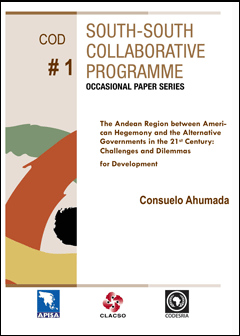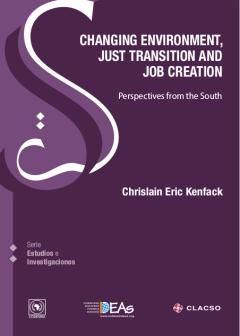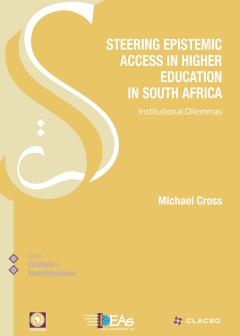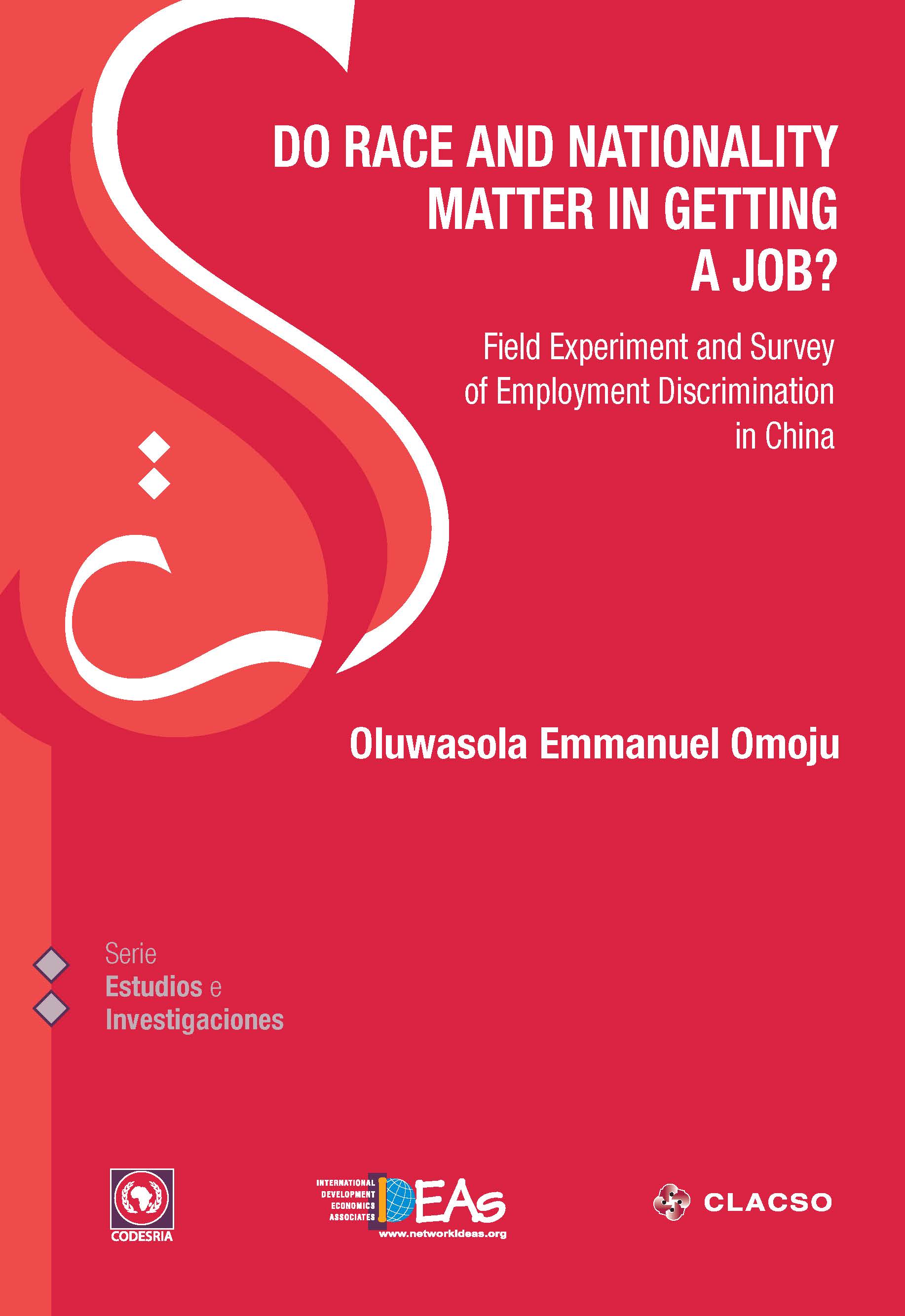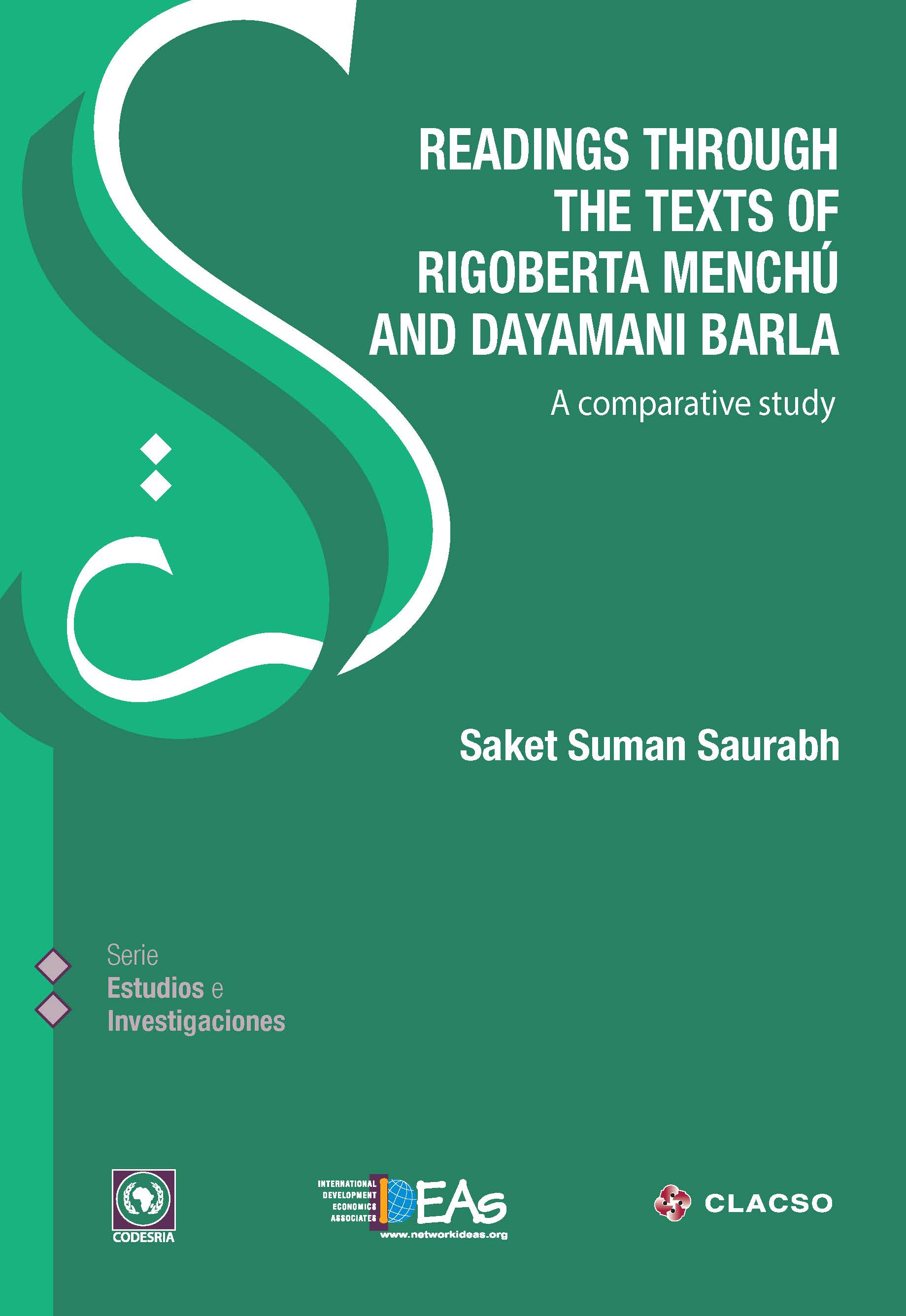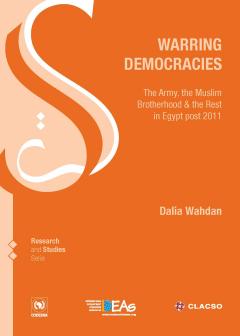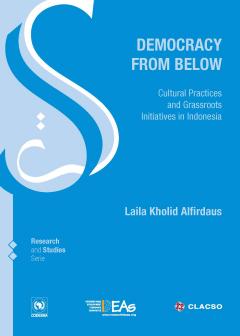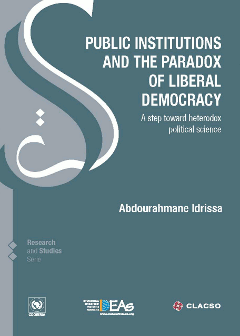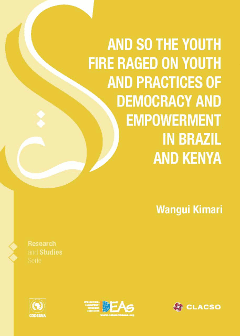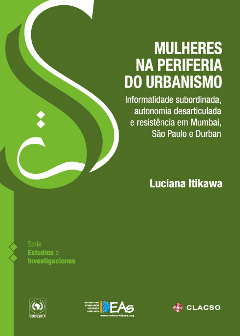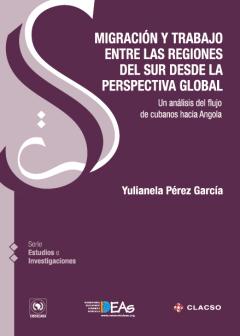- Sur-Sur.
Occasional Paper Series COD #1
The Andean Region between American Hegemony and the Alternative Governments in the 21st Century: challenges and dilemmas for development
Compartir:
The New World Order, having emerged from the finalization of the Cold War, has been determined by the consolidation of the United States hegemony, the generalization of market-oriented policies and the financial globalization throughout the world. Governments from diverse political orientation adopted so- called market-oriented policies, which in the countries of the South have centered on a curb on public expenditure, the elimination of social subsidies and the withdrawal of social safety nets, the privatization of state-owned companies, and the setting of appropriate conditions for foreign investment. The international development architecture, designed by the most powerful economies and the global economic institutions, namely the World Trade Organization (WTO), the International Monetary Fund (IMF) and the World Bank (WB), has concentrated its policies toward developing and under-developed countries on the fulfillment of such priorities. For Latin America and the Andean Region, this new trend has represented an intensification of the economic and political domination of the United States. The implementation of the neo-liberal agenda in the region during the eighties and the nineties was instrumental in the consolidation of the political and military power and in the economic recovery of the US, as well as in its good performance during the nineties. However, starting from the year 2001, at the beginning of the Bush administration, the economy of the country was confronted again with signs of recession. (...)
Detalle
- Editorial/es:CLACSO. CODESRIA. APISA.
- Ciudad de edición:Buenos Aires.
- Fecha de publicación:Enero de 2008

